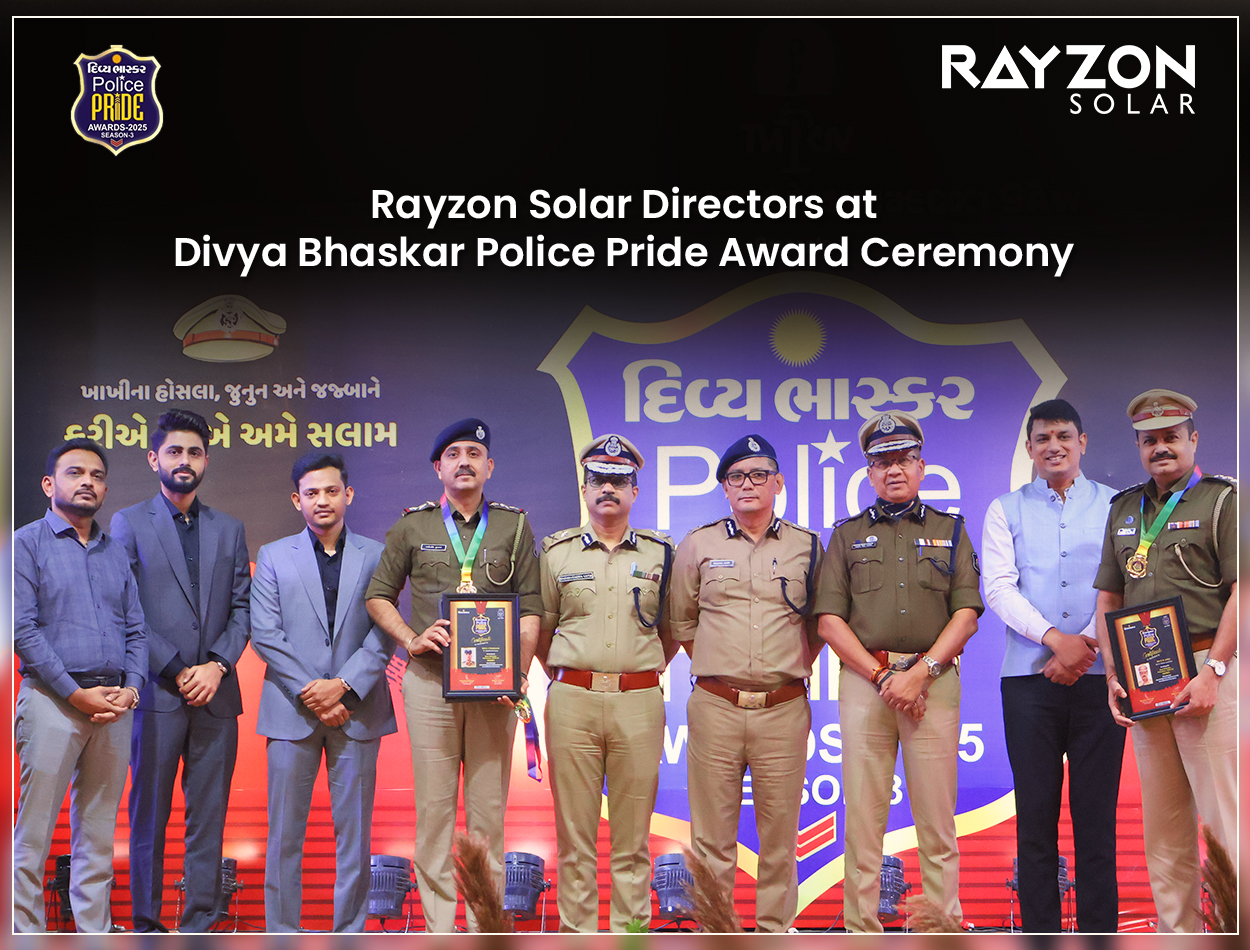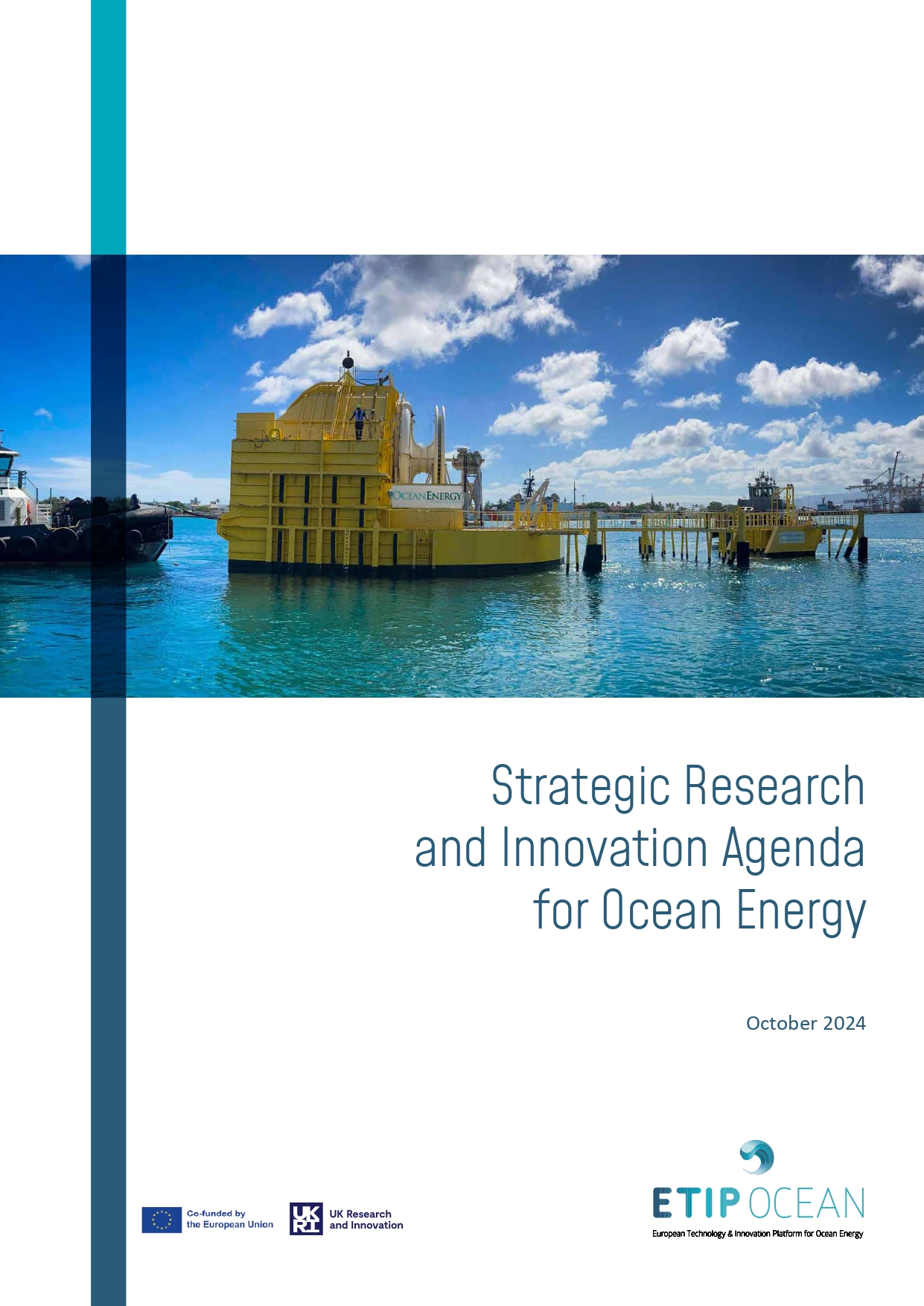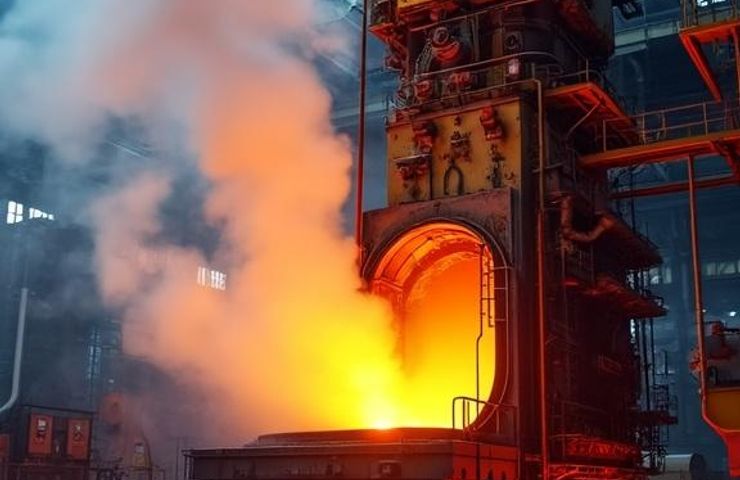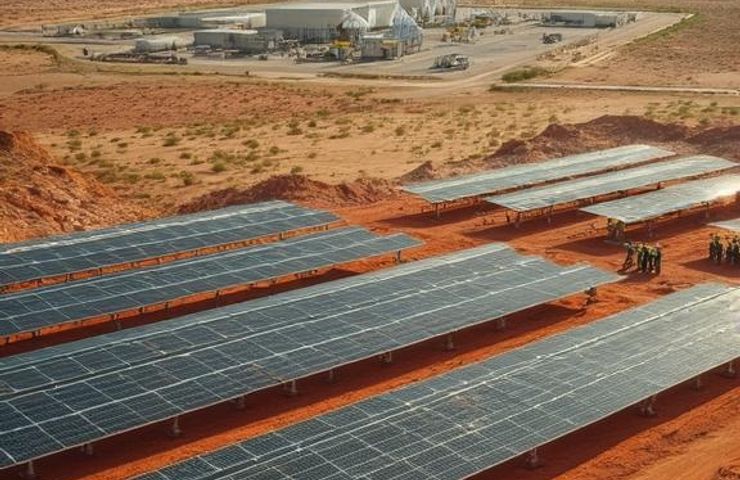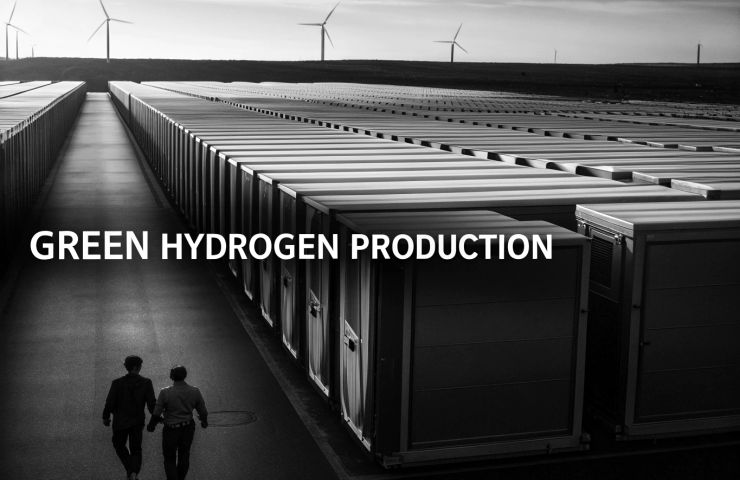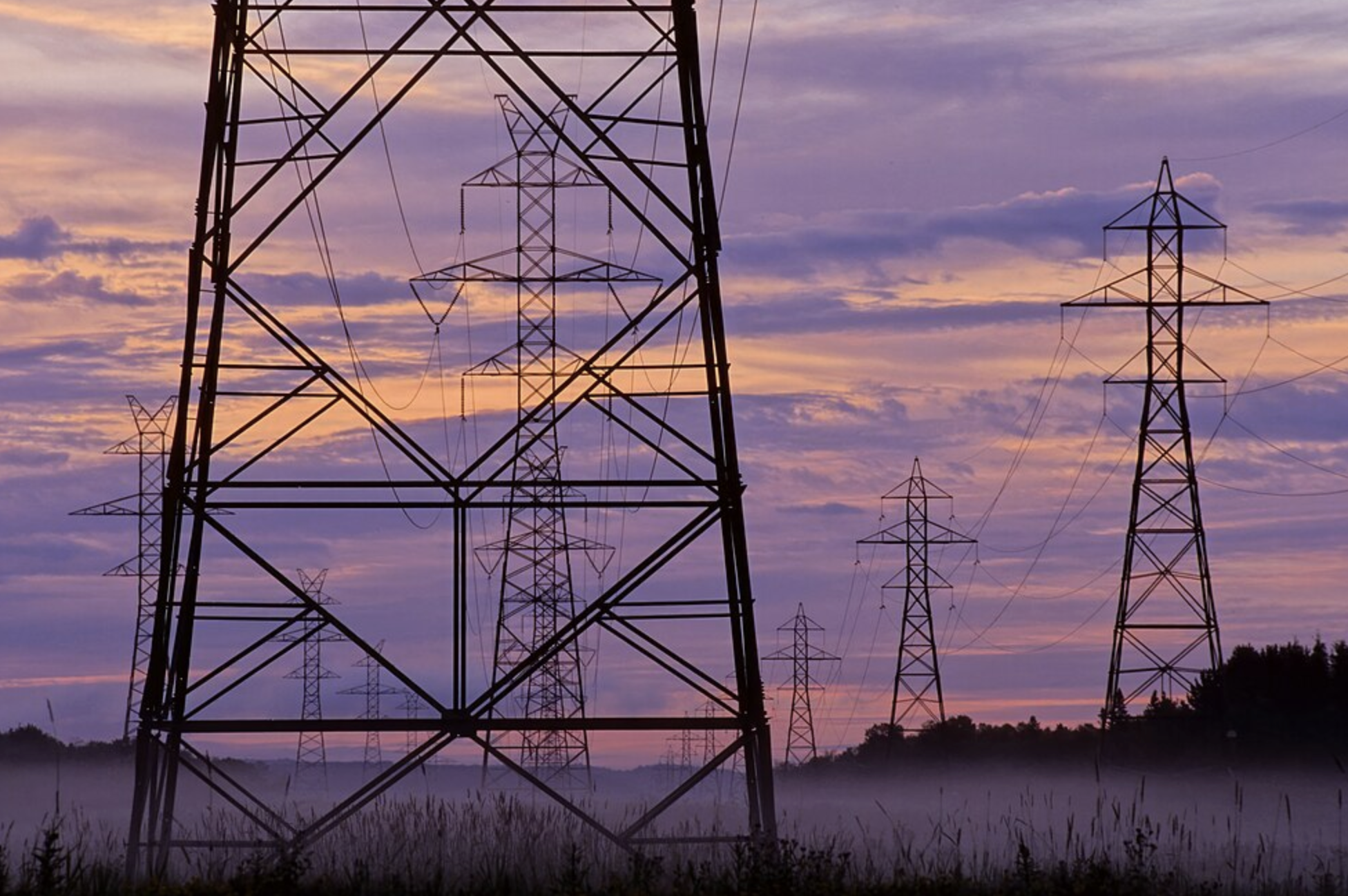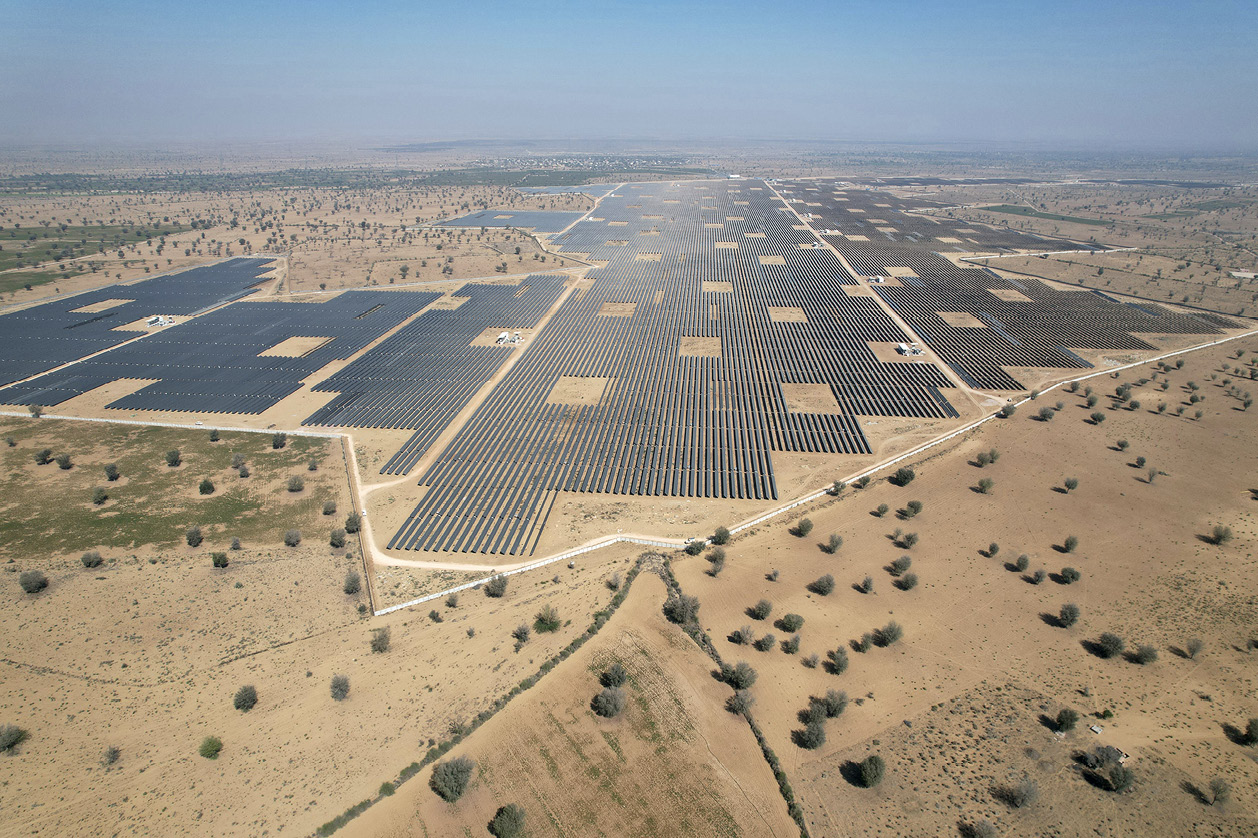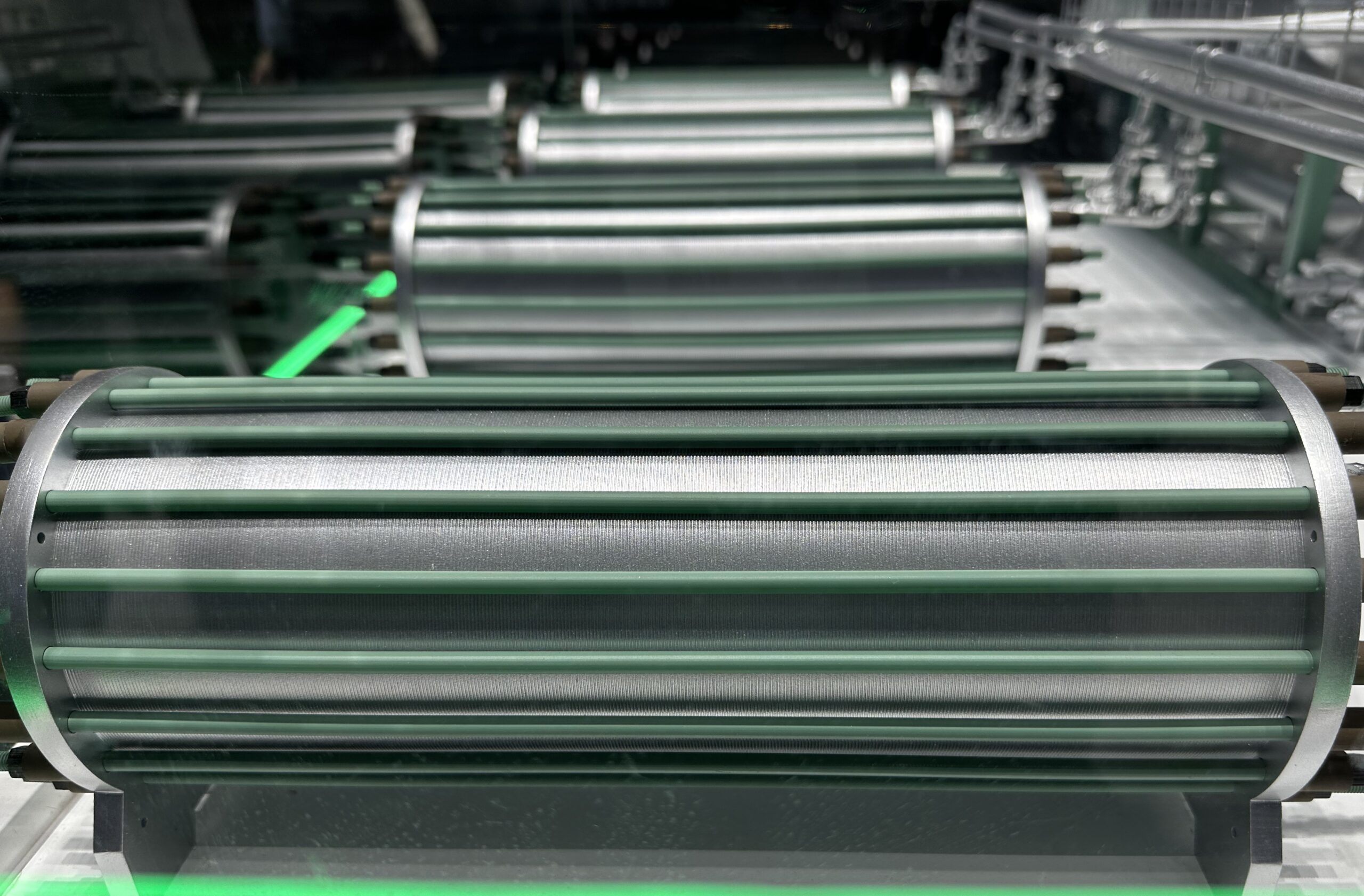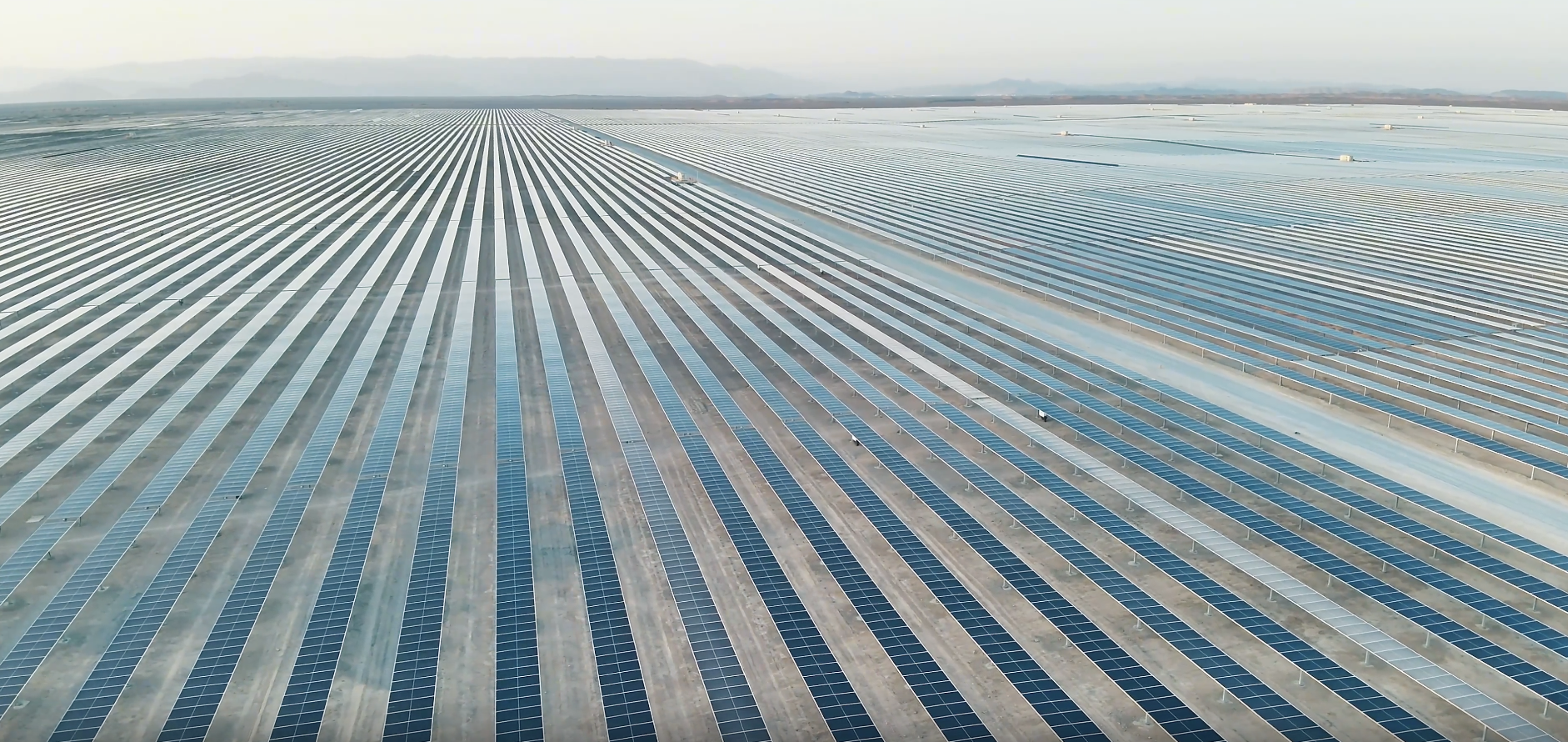Vending machine trial with chalcopyrite solar
PXP Corp. and Suntory Holdings, both based in Japan, have begun to test the practicality and performance of a vending machine equipped with PXP’s lightweight, glass-free solar panels in Sagamihara, Japan.
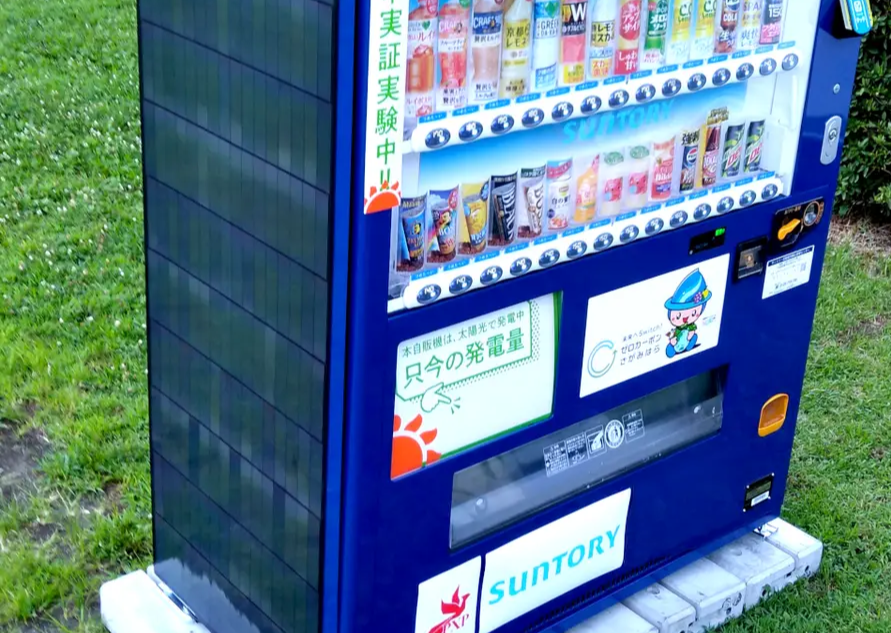
PXP Corp. and Suntory Holdings, both based in Japan, have begun to test the practicality and performance of a vending machine equipped with PXP’s lightweight, glass-free solar panels in Sagamihara, Japan.
Japan's PXP Corp., a startup developing chalcopyrite and perovskite solar technologies, and Suntory Holdings, a Japanese brewing company, have started a one-year trial to investigate the performance and practicality of a vending machine equipped with PXP’s solar panels in Sagamihara, a suburb of Tokyo.
The project team will monitor the Suntory vending machine equipped with the glass-free, lightweight, thin film chalcopyrite (CuInSe2) panels supplied by PXP.
The panels are installed on both sides of the vending machine, the backside, and the top surface. “This time we introduced about 700 W panel on 5m2 area. About 1.6 kWh will be generated per day from PV,” Hiroki Sugimoto, the CEO of PXP, told pv magazine.
The vending machine is designed to be energy-efficient, and it is equipped with a secondary grid-connected power supply. Sugimoto specified that the grid connection is used at night, that the solar panels can supply 100% of power during the day on a sunny day, but when “nighttime hours are taken into account, the power coverage rate provided by solar cells is expected to be 60%.”
The use of chalcopyrite solar cell technology in a vending machine is a world first, according to the project team. It plans a second vending machine setup in the coming months.
PXP sees several advantages of its glass-free panels compared to conventional glass-packaged silicon modules for this application, such as being less rigid and lighter weight. The expectation is that the amount of power generated will be larger than that of vending machines equipped with conventional solar panels. Earlier attempts at combining vending machines and conventional silicon PV reportedly required a mounting structure overhead, and space restrictions limited the number of solar panels permitted per vending machine.
If successful, the project partners noted that one of the outcomes could be using PV equipped vending machines as a power source in the event of a disaster.
PXP has a number of outdoor projects underway in a range of applications and locations. It is also developing perovskite-chalcopyrite tandem cell technology. It recently secured venture capital of about $10 million in a round led by Japan’s Softbank Corp.

What's Your Reaction?







